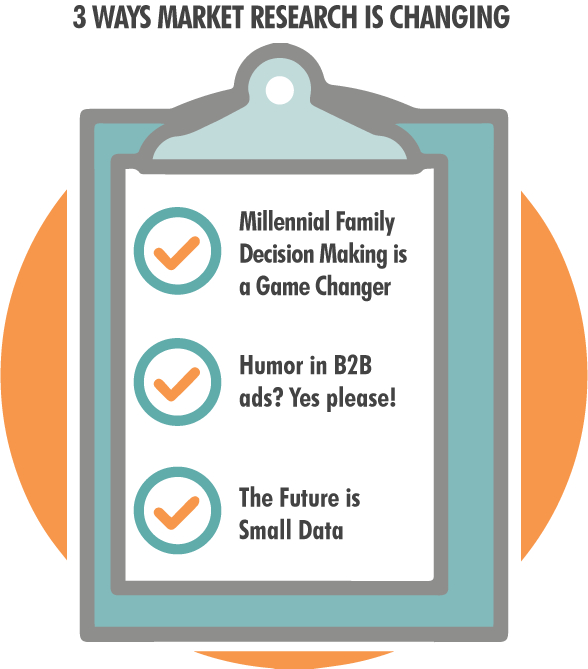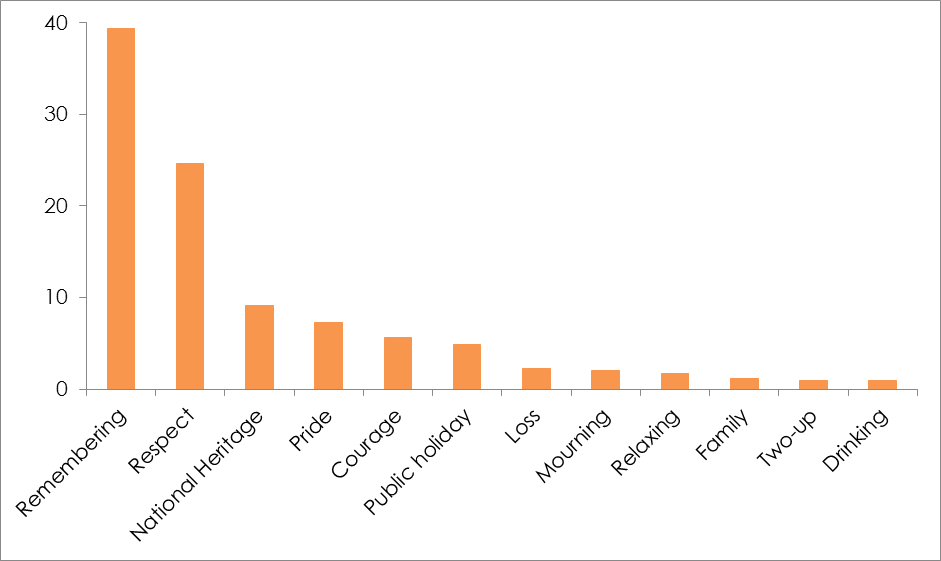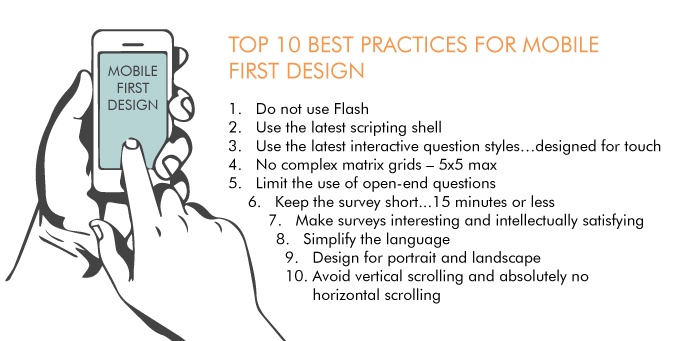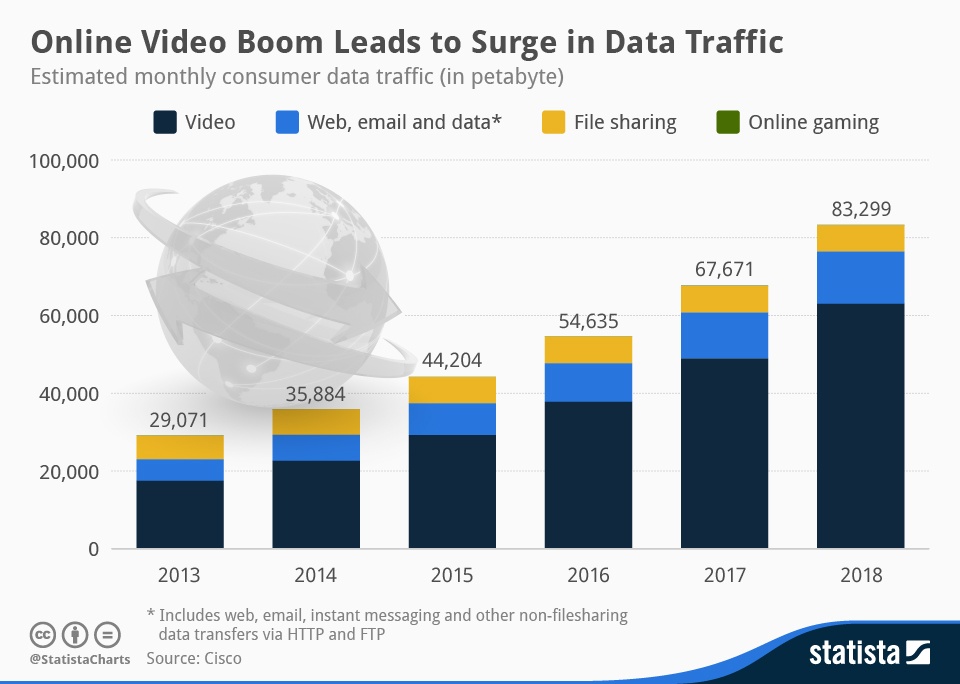In any context there are many questions with factual answers which are difficult to answer: “have you considered an affair?,” “how many vegetables do you eat?,” “how often do you go to the gym?” and “have you lied to your boss?” to name just a few.
When it comes to a question like “how much do you drink” it can be hard enough to be honest with ourselves let alone a researcher! Fortunately the anonymity and context of online research puts it in a unique position to secure honest answers to sensitive questions; however, this is no easy feat. When we ask a question there are many hurdles we must overcome to reach an honest answer.
Read More
Topics:
Honesty Detector,
Marketing Research,
Data Quality
Real time insights and predictive analytics build better strategies and better business performance. As we re-write the rules of marketing research, data has become the digital fuel to deliver genuine insights. However, as industry stakeholders, we must capture data that is insightful, not invasive.
This year’s CASRO Digital Conference concentrated on the collective knowledge of research in the digital space with a focus on three key areas: implementing Mobile First, focusing on the panelist experience and the emerging importance of video.
Read More
Topics:
Marketing Research,
Data Quality,
Video,
mobile first
The conversation around conducting surveys with online panels rather than face to face or CATI is one that comes up every day for me in South East Asia. Whilst this is an entirely valid discussion, online actually adds ways to ensure trustworthy and valid respondents. In this mini-series, we unlock the truths behind these myths.
Knowing who someone really is isn’t exclusive to our industry. If we look at the everyday world, people can look us in the eye and lie. We filter this, both consciously and subconsciously and take forward what we have confidence in being true. Now back to research. As a student, I had friends who would get calls from focus group recruiters offering them 5000 Rs ($80 USD). The next question would be 'do you like/ consume ‘x’ product?' They would agree to anything to get into the focus group and take the money home, including saying they drank Malibu regularly (I’m not sure anyone can say that hand on heart!) Whilst these recruiters are not a fair reflection of all in the industry, online uses pre-screeners that are far more subtle than this tactic (and far less heavily incentivised, granted) which encourage a level of honesty from the outset.
Read More
Topics:
Honesty Detector,
Online Sampling,
Market Research
Change is the only absolute. After all, clichés are clichés for a reason. The marketing research industry itself is always moving, innovating, adapting. We’re reaching audiences in new ways and accessing new data sources to provide insights. There has never been a more exciting (or scary) time to be in the MR field. But what about the base assumptions we have about consumers? What data is important or the best way for advertising to be effective? We live in a changing world, and our assumptions need to change too.
Read More
Topics:
Data Driven Marketing,
Market Research,
emerging talent
A study recently conducted by Lightspeed GMI, a leading global online research provider, shows only 54.4% of Australians plan to mark ANZAC Day this year.
Although this is a lower than expected percentage, for those that mark ANZAC day they do so with deep reverence. For 83.6% the day means remembering fallen soldiers, of which 33.3% specifically remember a loved one who fought for Australia and 23.0% remember a loved one who served in the military somewhere else. Just 12.9% see it as a day off work.
Read More
Topics:
Market Research,
Consumer Insights,
APAC
This is some general advice on how to make a good prediction.
1. Have an intelligent conversation with your gut instinct!
Gut instincts are incredibly valuable when it comes to making a prediction, the best predictors often heavily rely on their gut instincts, but remember that your gut can be flawed. Your instinct is exactly that, an instinct, so any cognitive or emotional biases you have could impede your predictive success.
Read More
Topics:
Marketing Research,
Prediction
In February I attended MIE, the largest Marketing & Insights Event in the Netherlands. It was the 14th time this event took place and once again it was very well attended with 2,800 visitors, from the marketing and market-research sector.
One of the main topics of MIE was Digital Analytics. Also defined as Big Data, it’s the passive form of online data-collection without the intervention of an interview tool.
Read More
Topics:
Marketing & Insights Event,
Big Data,
Marketing Research
Do you think like a respondent?
Poor quality survey design leads to low completion rates, high dropout rates, speeding, suspicious behavior, panel attrition and higher sample costs. Ultimately poor design can lead to bad business decisions. Mobile may finally force better survey design and better-written questions.
Read More
Topics:
Respondent experience,
Market Research,
research on research,
questionnaire design
Video is here.
The trends indicate that video is going to push the data traffic usage over the next big peak. First text was all the rage, then came the time of pictures and everyone was taking a ‘selfie’ and now we are moving into the next age of content – the video age. With the increased abilities of smartphones, tablets and webcam, video content is exploding around the internet.
Read More
Topics:
Digital Data Collection,
Marketing Research,
Video
According to a recent GRIT Sample Report* presented at SampleCon in January, 81% of industry buyers and sellers believe traditional panels are dying. At the same time, over half believe traditional panels are the gold standard. Traditional research panels do bring advantages that yield data quality; perhaps most important, they are not associated with loyalty programs. Rather, panelists are sequestered solely for the purpose of taking surveys which minimizes bias. Other important benefits include validation of people’s identities upon registration as well as extensive profiling that can be used not only for targeting, but also to shorten surveys by appending data. Double opt-in panels also facilitate the integration of behavioral and attitudinal data sets.
Read More
Topics:
Online Sampling,
Marketing Research,
Online access panels













